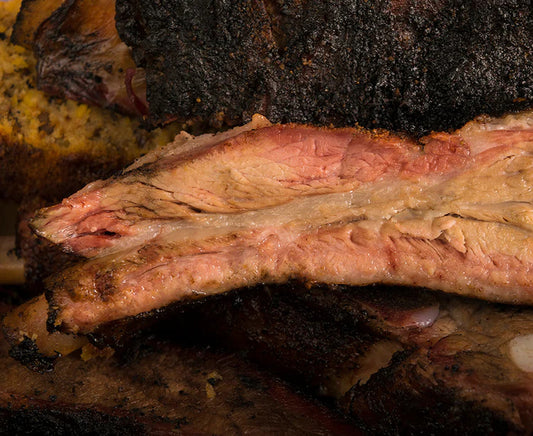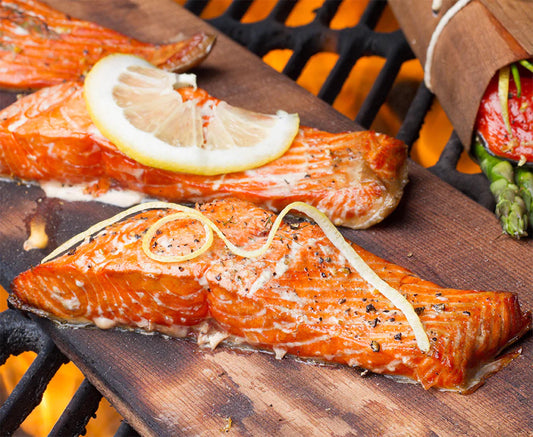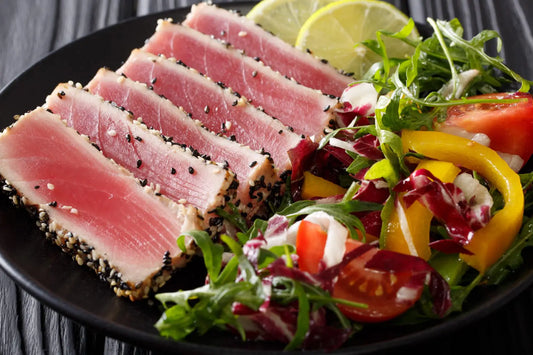Brine recipes to prepare for food smoking have a wide range of salt concentrations. A salinometer is a machine that is capable of measuring the table salt (NaCl) content, known assalinity, of a solution. Another name for a salinometer is a conductivity meter, as dissolved salt in the water will increase its ability to conduct electricity at measurable levels.
But when using a salinometer, keep in mind that it doesn’t just measure the amount of salt in a recipe. Other dissolved ingredients such as sugar or molasses will also produce a higher reading. Besides, some brine ingredients such as soy or teriyaki sauce contain salt as part of their ingredients.

When using a salinometer, you may get a more accurate measure of the amount of salt in a brine recipe if you do this. Test only the water and salt portions of a recipe before adding the other ingredients. You may be able to determine the amount of salt in a cup of soy sauce or teriyaki sauce by using the nutrition chart on the bottle.
Issues To Be Aware Of

A disadvantage of using a salinometer is that it is a time-consuming trial-and-error process. In this scenario, you want to prepare three cups of brine with a concentration of 40 ml of saline. You add a bunch of salt to the water, stir it until it dissolves, which may take quite a while, and measure the salinity. Then you have to add more salt and go through the process again until you get close to the desired salinity. It’s faster to dissolve a lot of salt in the water to produce a brine, which is more concentrated than you’re going to want. Then add water until the concentration comes down to the level you want.
If you want to produce a brine with a specific concentration, or you want to determine the salt concentration in a recipe, it’s a lot easier, faster, and more accurate to use a brine table. All it takes is a little math and measurement conversion. For example, how many cups are there in a gallon? How many ounces or grams in a cup of a specific kind of salt?
Another issue when using a salinometer is that the brine needs to be deep enough to float the salinometer. If you’re making two gallons of brine, that won’t be a problem. But if you’re making four cups of brine, you may need to mix it in a high narrow container. This way, the salinometer will be able to float.
Pro Tip: There are plenty of conversion tables online, so you really don’t need to purchase a Salinometer. Here is a link to a very reliable chart.
In Conclusion
We hope you learned something useful about using salinometers while you’re brining and curing your meats. Definitely don’t forget to check out the Bradley Food Smoking Blog for more useful tips & tricks.




